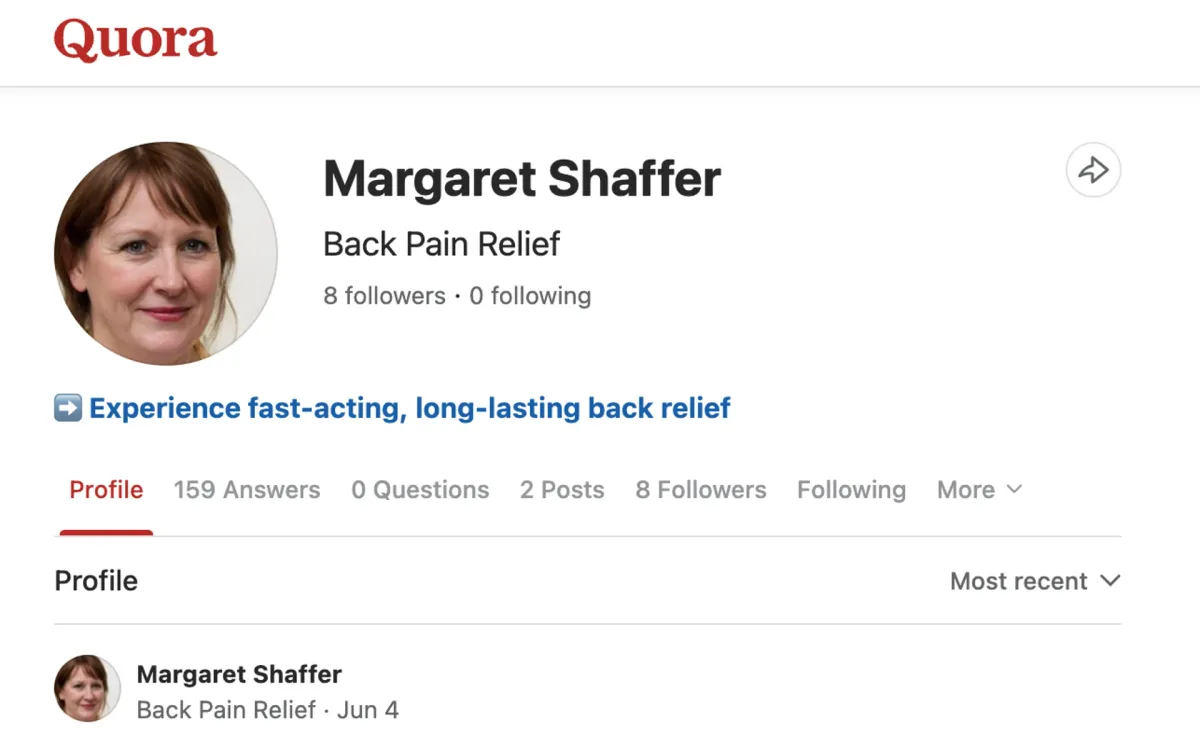
Ori Zilbershtein, CEO of Team Odeon, today published an article on LinkedIn highlighting a potential issue with Google's search algorithms and the rise of spam content on Quora.
In late 2023, Google implemented algorithm updates aimed at surfacing more personal experiences and opinions in search results. This change aimed to provide users with a wider range of perspectives on various topics.
According to Zilbershtein, these updates, combined with the ease of generating content using AI tools like ChatGPT, have created a breeding ground for spam on Quora. Quora's low barrier to entry and weak anti-spam measures make it vulnerable to manipulation.
How Spammers Exploit Quora and Google
The article outlines a potential method for exploiting the current system:
- Create Fake Profiles: Spammers can create fake profiles on Quora, targeting topics with high visibility in Google search results.
- Generate AI Content: AI tools like ChatGPT can be used to create short articles or answers to relevant questions on Quora.
- Boost Visibility: These answers can be upvoted by the spammer's network of fake profiles or through paid services, potentially increasing their ranking within Quora.
- Top Google Results: Due to Google's algorithm changes, these Quora threads with potentially low-quality content may appear at the top of search results for certain queries.
Zilbershtein cites an example of a fake profile answering medical questions and promoting affiliate products. He expresses concern that such content could mislead users, especially for critical health-related searches.
The article acknowledges Google's efforts to combat spam, including a reported 45% reduction in low-quality content. However, Zilbershtein argues that these efforts might not be sufficient to address the new wave of AI-generated spam. Additionally, Google's reliance on external platforms like Quora creates challenges in enforcing stricter quality control measures.
The article proposes collaboration between Google and platforms like Quora to establish stricter anti-spam policies. The recent $60 million deal between Google and Reddit for AI training is mentioned as a possible step in this direction.
Conclusion: The Cat-and-Mouse Game of Spam
The rise of AI-powered content generation tools presents a new challenge for search engines in their fight against spam. Google's ongoing efforts to balance user experience with quality control require constant adaptation. Collaboration with content platforms and potentially stricter quality measures might be necessary to address the evolving tactics of spammers.

